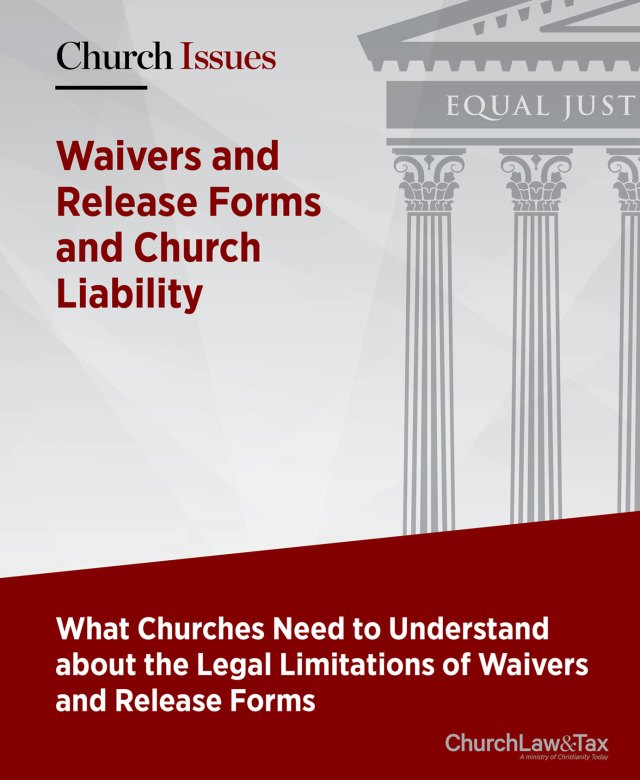* A Georgia court ruled that an employer and a screening company were not liable for damages allegedly suffered by an employee who was terminated as a result of a criminal record disclosed during a background check. An adult male (Pete) was hired by a company as an employee. In his employment application, Pete indicated that he had not been convicted of a felony or misdemeanor within the past five years. As part of the hiring process, Pete signed a consent form, permitting the company and its agents to perform a background check. This consent form provided, in pertinent part, that Pete “released [the company] and/or its agents and any person or entity, which provides information pursuant to this authorization, from any and all liabilities, claims, or lawsuits in regard to the information obtained from any and all of the above referenced sources used.” The company contracted with a screening company to conduct a criminal background search on Pete. The screening company faxed the results of the investigation back to the company. The report disclosed that Pete had used another name as an alias and that he had been convicted of several crimes. The company terminated Pete for falsifying his employment application.
Pete sued the company, and the screening company, for negligence, defamation, libel, and slander. He insisted that he had never used an alias, and did commit the crimes referred to in the report. The trial court dismissed the complaint on the basis of the release Pete signed as part of his application for employment. The case was appealed.
A state appeals court ruled that the release Pete signed barred him from suing either his employer or the company that conducted the background check. The court noted that “such agreements are generally binding absent evidence of gross negligence or willful or wanton misconduct. Accordingly, Pete is barred from bringing his negligence claims ….” The court rejected Pete’s assertion that the defendants were guilty of gross negligence, noting, “In his complaint, Pete arguably asserted a claim for gross negligence, which would not be barred by the release. In order to sustain this claim, however, Pete must point to some evidence of gross negligence. Here, the record reveals that the only actions taken by [the screening company] included: entering an agreement with [the employer] to provide background checks; contracting with a third party to conduct the investigation; and forwarding the results to the employer. There is nothing in this conduct that remotely can be considered evidence of gross negligence, especially as the report merely indicated that Pete and [the alias] might be the same person. It follows that the trial court properly granted summary judgment as to any claim for gross negligence.”
Application. More and more churches are conducting criminal background checks on prospective employees and volunteers. This case illustrates that persons who are not hired, or are later terminated, as a result of a criminal records check will have a difficult time suing the church or the company that performed a background check if the person signed a release prior to the check and the church and screening company were not grossly negligent. McClesky v. Vericon Resources, Inc., (Ga. App. 2003).
© Copyright 2004 by Church Law & Tax Report. All rights reserved. This publication is designed to provide accurate and authoritative information in regard to the subject matter covered. It is provided with the understanding that the publisher is not engaged in rendering legal, accounting, or other professional service. If legal advice or other expert assistance is required, the services of a competent professional person should be sought. Church Law & Tax Report, PO Box 1098, Matthews, NC 28106. Reference Code: m43 c0504




